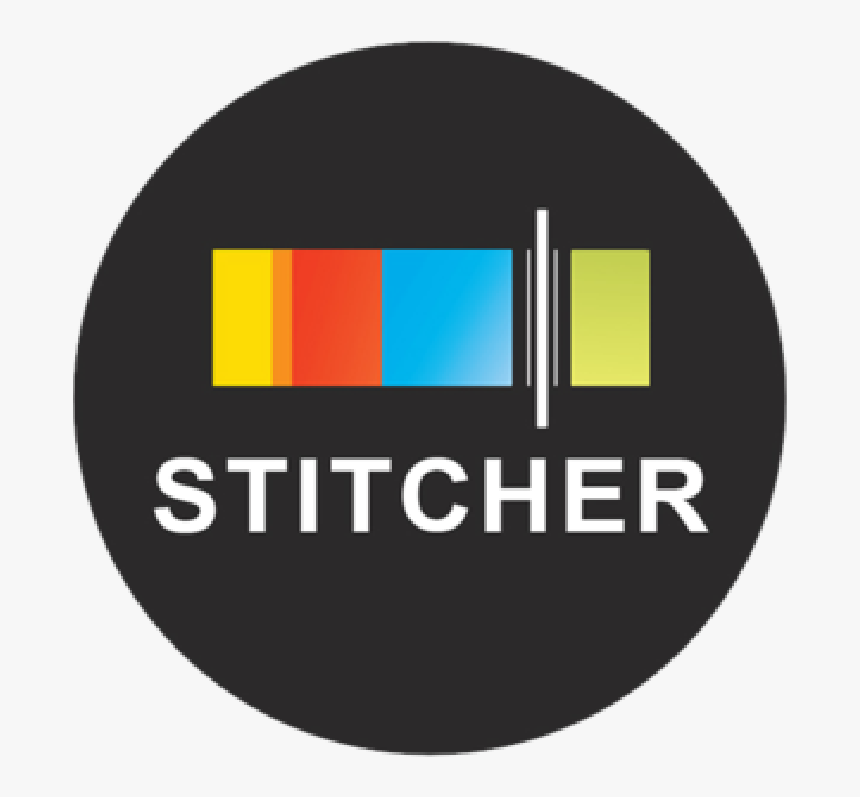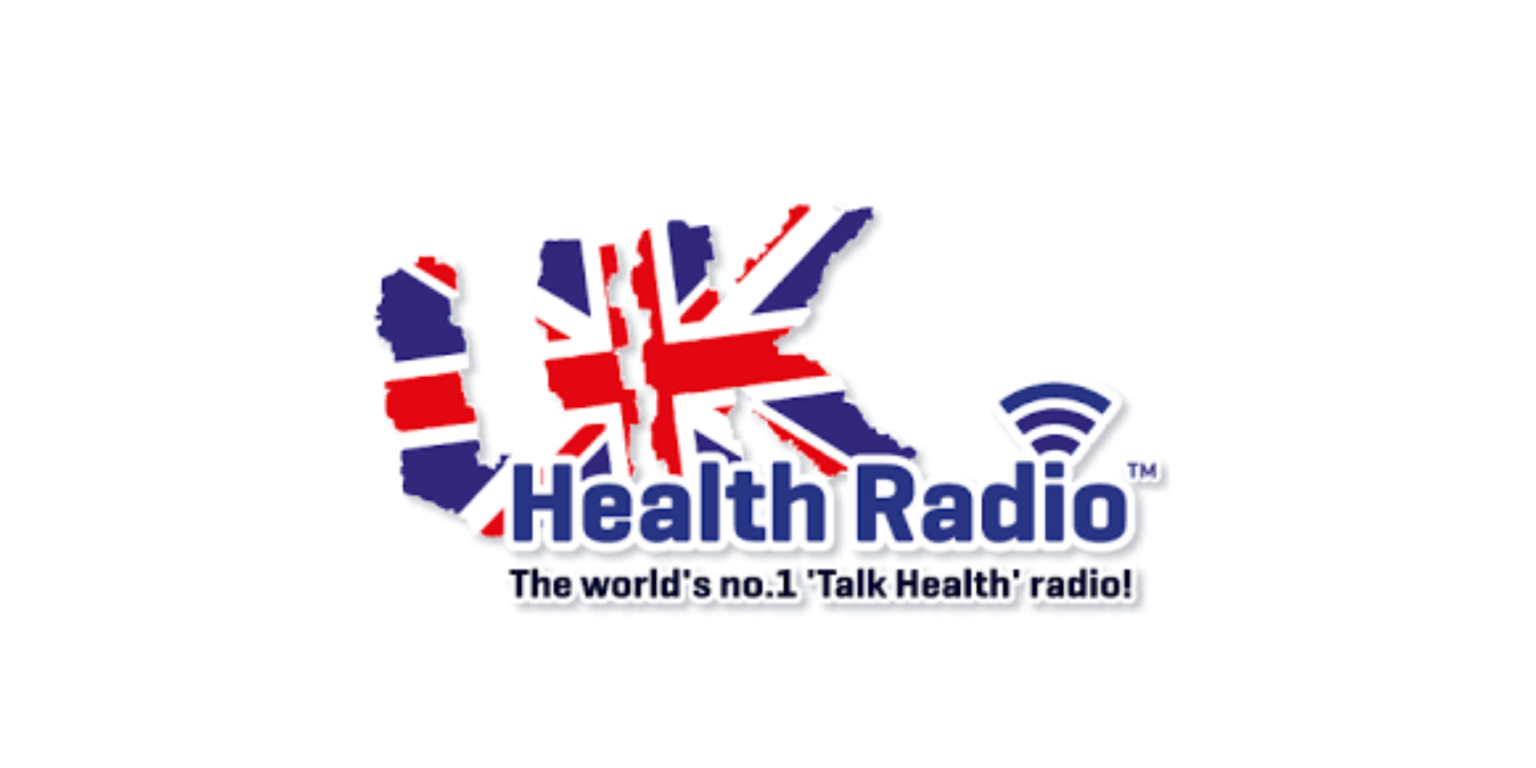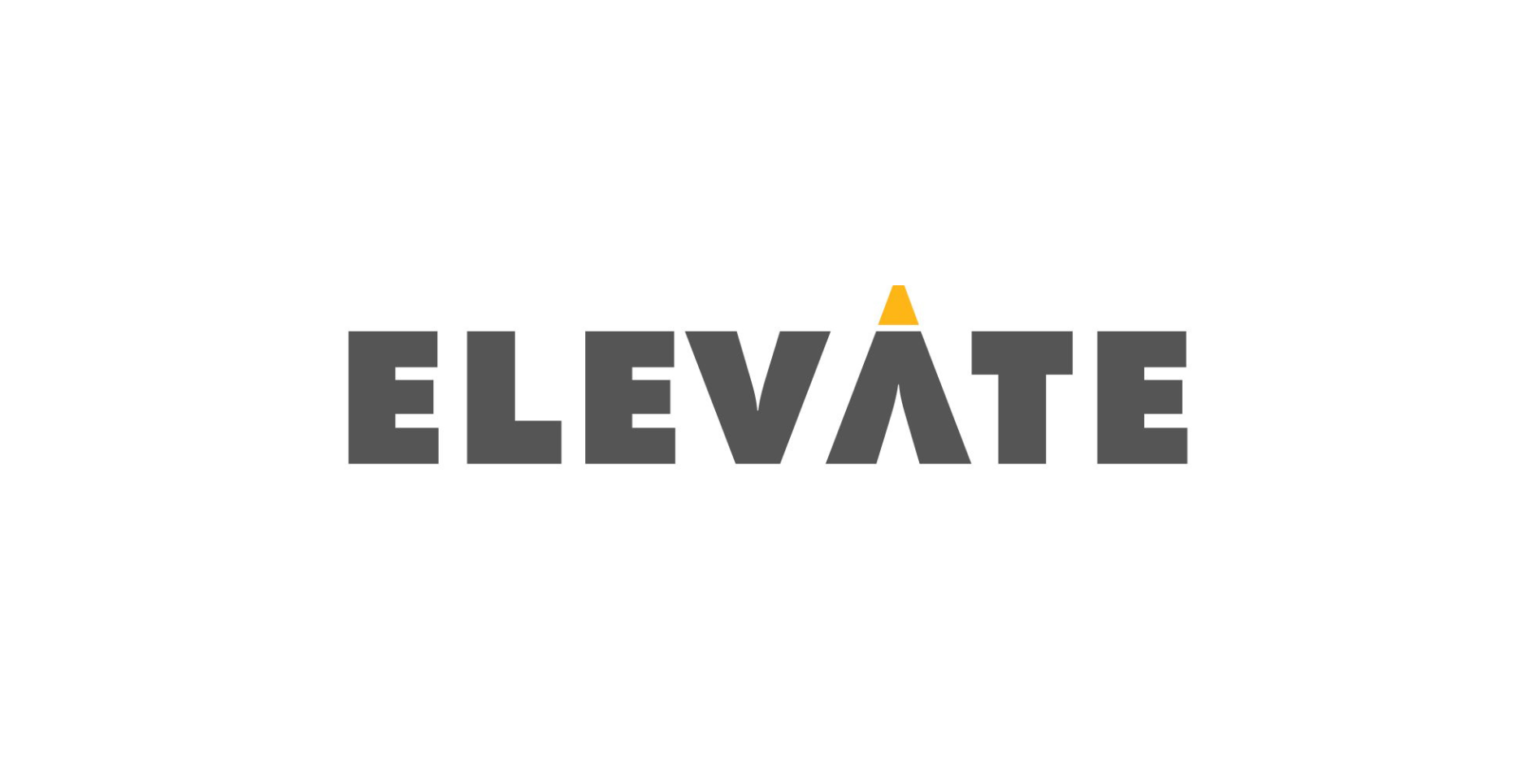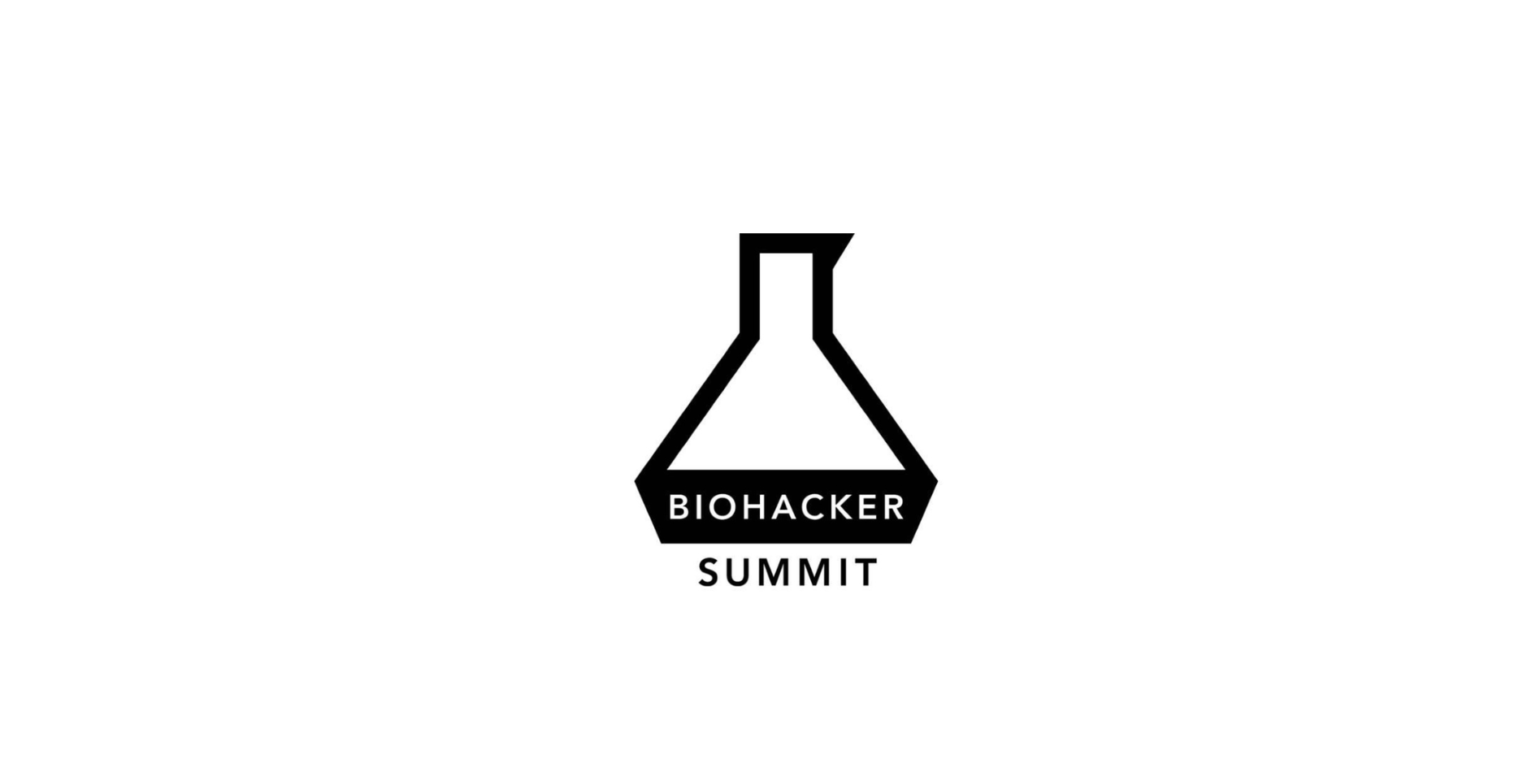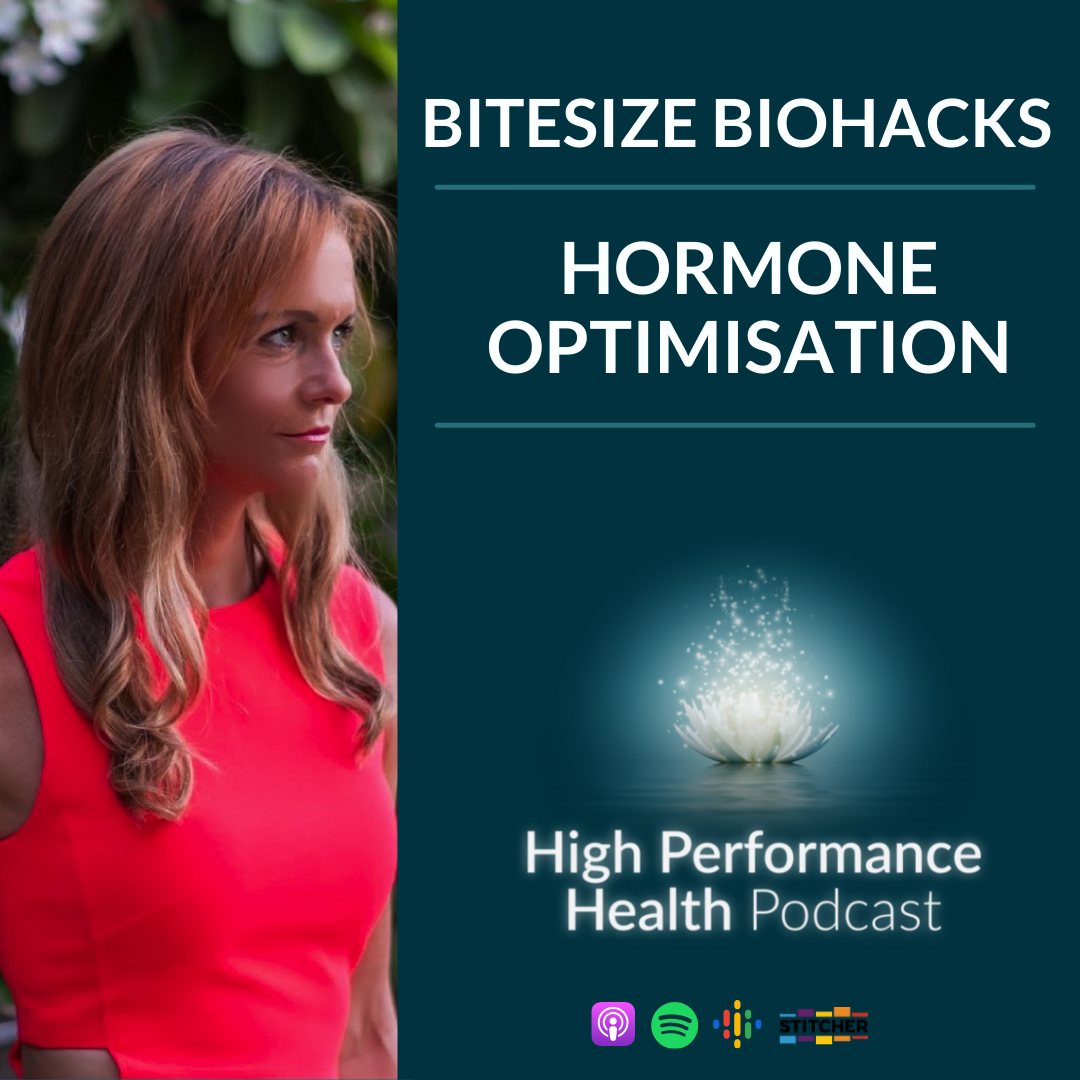
Angela Foster Performance Podcasts - Episode 166
EP 166 – Bitesize Biohacks – Hormone Optimisation
In this bitesize biohack episode Angela moves to the next component in her SHIFT protocol, designed for health optimisation in every aspect of your life
The SHIFTprotocol covers sleep, hormones and neurotransmitters, insight, fuel and training
and following on from the previous bitesize biohack episode about sleep in this episode Angela shares an overview of hormones and how you can achieve balance and optimisation of different hormones through lifestyle and nutrition
If you want to get your hormones on track you need to be able to conduct your hormone orchestra to create a beautiful symphony and this is a great way to get started
Listen to podcast the way you want
01
Listen with Transcript
02
Listen without Transcript
03
Watch on Youtube
Bitesize Biohacks - Hormone Optimisation
In this bitesize biohack episode Angela moves to the next component in her SHIFT protocol, designed for health optimisation in every aspect of your life
The SHIFTprotocol covers sleep, hormones and neurotransmitters, insight, fuel and training
and following on from the previous bitesize biohack episode about sleep in this episode Angela shares an overview of hormones and how you can achieve balance and optimisation of different hormones through lifestyle and nutrition
If you want to get your hormones on track you need to be able to conduct your hormone orchestra to create a beautiful symphony and this is a great way to get started
Key Takeaways
- The 4 key hormones to consider are the thyroid hormone, the hunger hormones, the sex hormones and stress hormones
- Nutrition, stress and lifestyle are all factors that have an impact
- Hormones are an orchestra and with the right inputs they will play a beautiful symphony
- Your nutrition, gut health and circadian rhythm all play important roles in achieving balance
- Inflammation is a big disrupter of hormones and you need to aim to keep it low
- Minimise the toxins in your environment and use natural products wherever you can
- Think about the toxic thoughts you have in a day, we have over five thousand thoughts every day but you can be in a toxic loop
- Having a consistent cycle in tune with your circadian cycle will help to regulate your hunger hormones
Best Moments
‘Your body intelligently knows what to do providing you are giving it the right input’
‘You feel amazing and that you are in flow’
‘Think about increasing your overall activity
Resources For This Episode
Valuable Resources
- High Performance Health Podcast Series
- Biohack Your Way to Your Best Self - Join My Exclusive Female Biohacker Collective
- Get a free health check and personalised report
- Watch my Free Masterclass on how to master your metabolism
- Download my free Guide to Harmonising Your Hormones
- Download my free Fasting Guide
- Download my free Guide to Sleep Like a Boss
- Join my free Facebook Community
- Get my bestselling book Rethink Health
About the Host
Angela Foster
Angela is a Nutritionist, Health and Performance Coach. She is also the Founder and CEO of My DNA Edge, an Exclusive Private Membership Site giving individuals the tools and bio hacks needed to optimise their genetic expression for optimal health and performance.
After recovering from a serious illness in 2014, Angela left the world of Corporate Law with a single mission in mind:
To inspire and educate others to live an energetic, healthful and limitless life.
Angela believes that we can truly have it all and has spent the last 5 years researching the habits and routines of high performers, uncovering age-old secrets, time-honoured holistic practices and modern science to create a blueprint for Optimal Human Performance.
Subscribe to receive the latest health tips
Get my latest health, fitness, biohacking, anti-aging tips, and podcast episodes delivered straight to your inbox.
Recent Podcasts
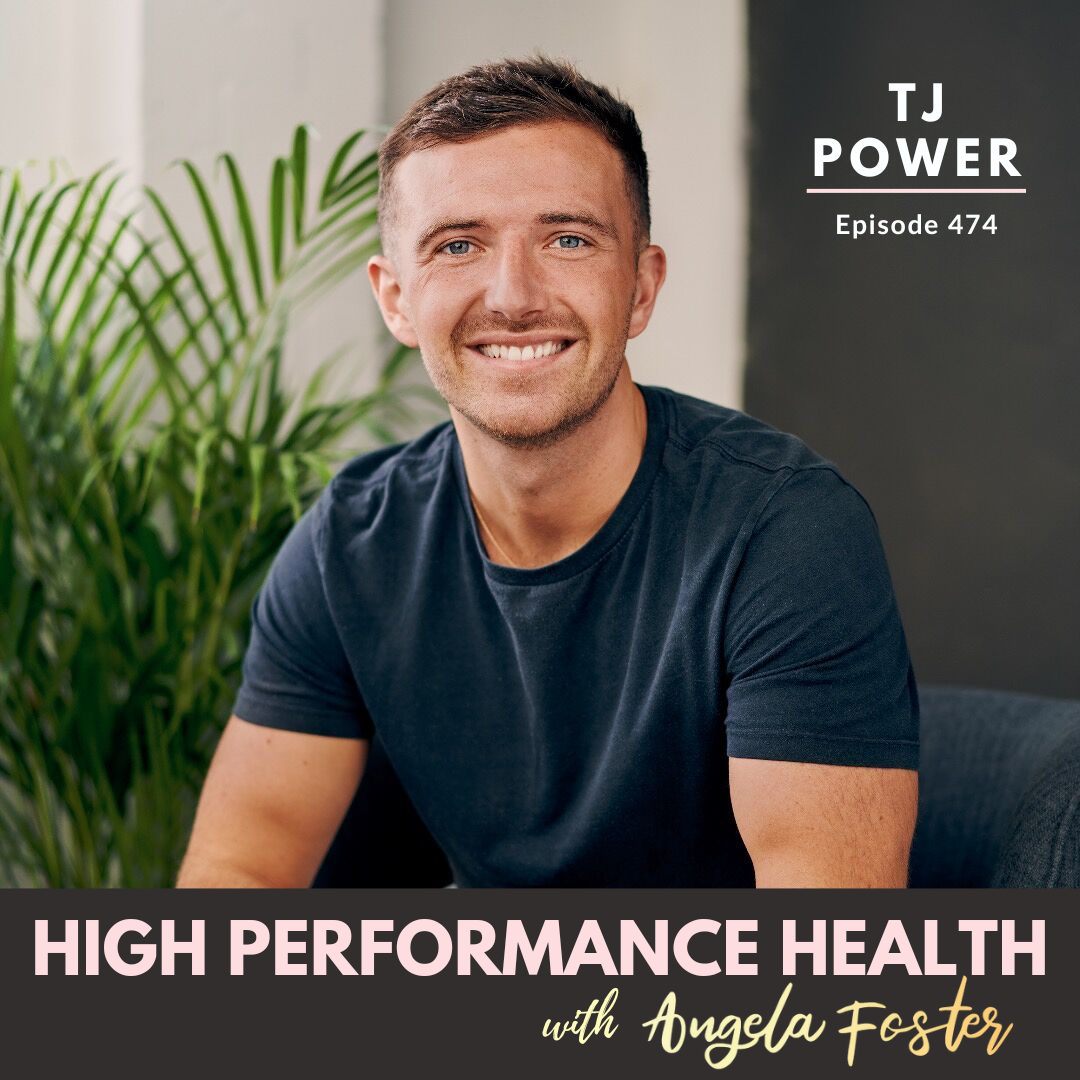
EP 474 – Replay: The DOSE Effect and The Truth About Dopamine, Focus & How to Reset Your Brain Without Quitting Social Media | TJ Power
In this bite-sized but powerful episode of High Performance Health, I sit down with the incredible Julie Gibson Clark—named one of the slowest-aging women alive—to talk about tuning into your body, spotting subtle hormone imbalances, and how a fibroid diagnosis challenged everything she thought she knew about her health.
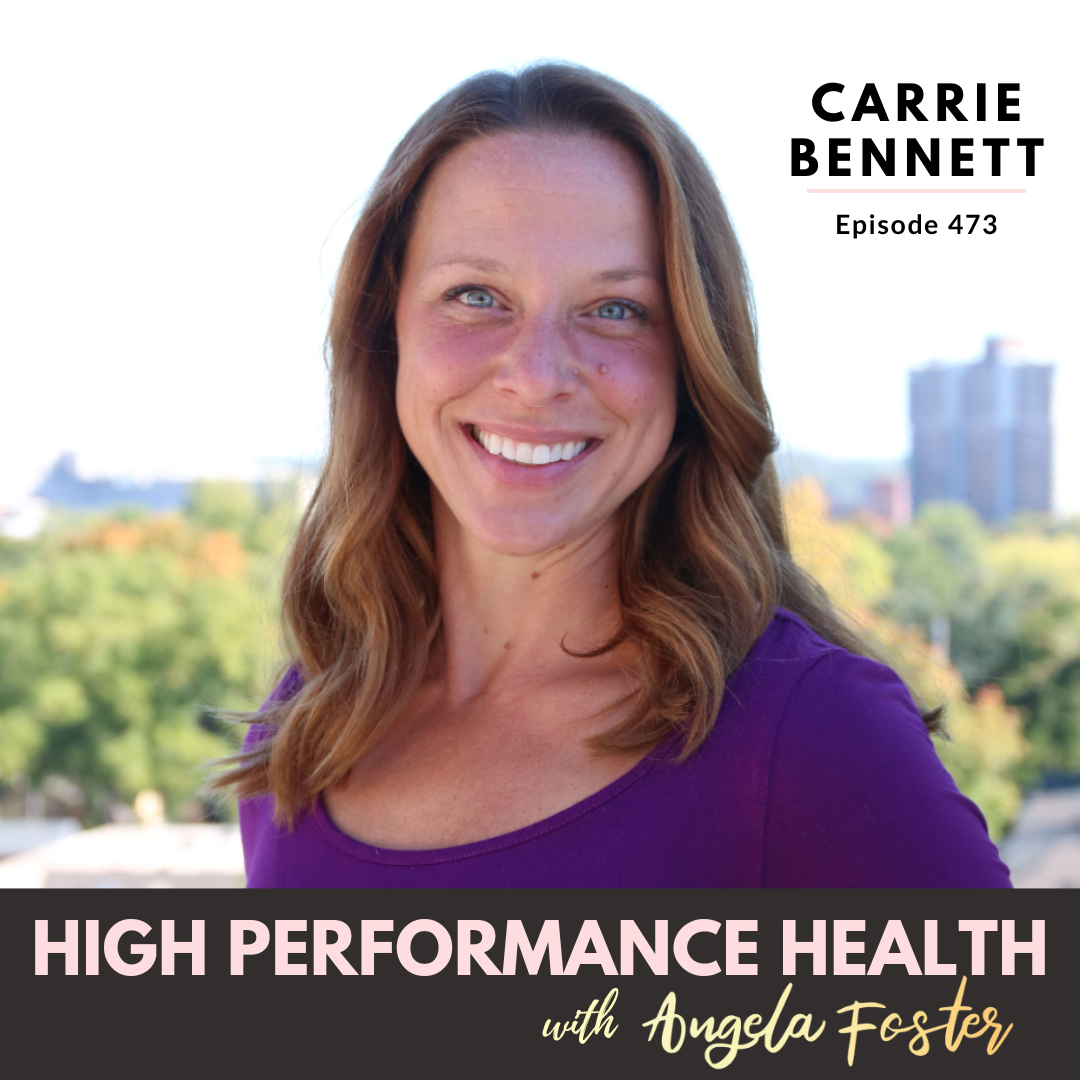
EP 473- Bitesize: The Real Reason You’re Still Tired Even When You Hydrate
In this bite-sized but powerful episode of High Performance Health, I sit down with the incredible Julie Gibson Clark—named one of the slowest-aging women alive—to talk about tuning into your body, spotting subtle hormone imbalances, and how a fibroid diagnosis challenged everything she thought she knew about her health.
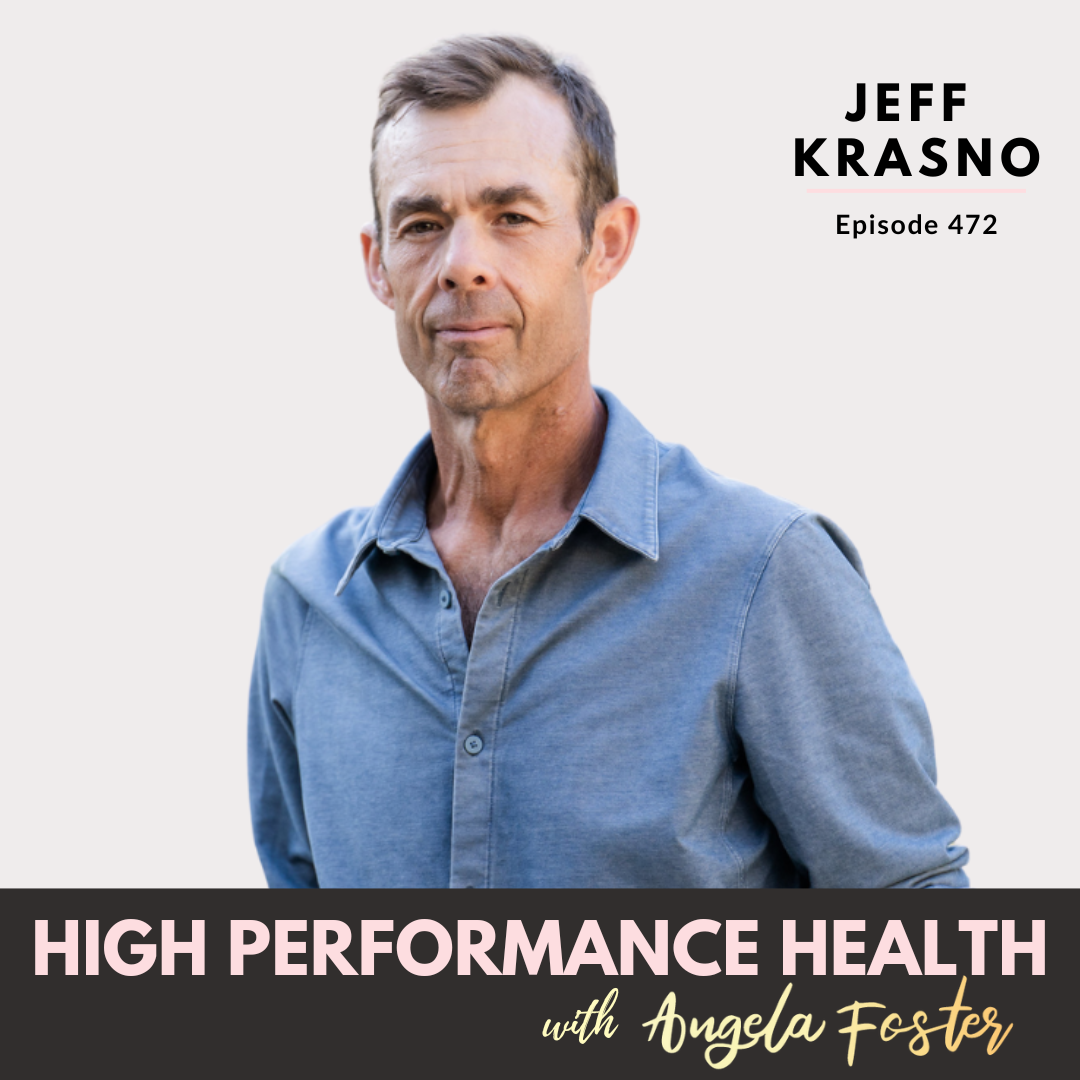
EP 472- What if Stress Isn’t the Enemy? How to Turn it Into Power | Jeff Krasno
In this bite-sized but powerful episode of High Performance Health, I sit down with the incredible Julie Gibson Clark—named one of the slowest-aging women alive—to talk about tuning into your body, spotting subtle hormone imbalances, and how a fibroid diagnosis challenged everything she thought she knew about her health.
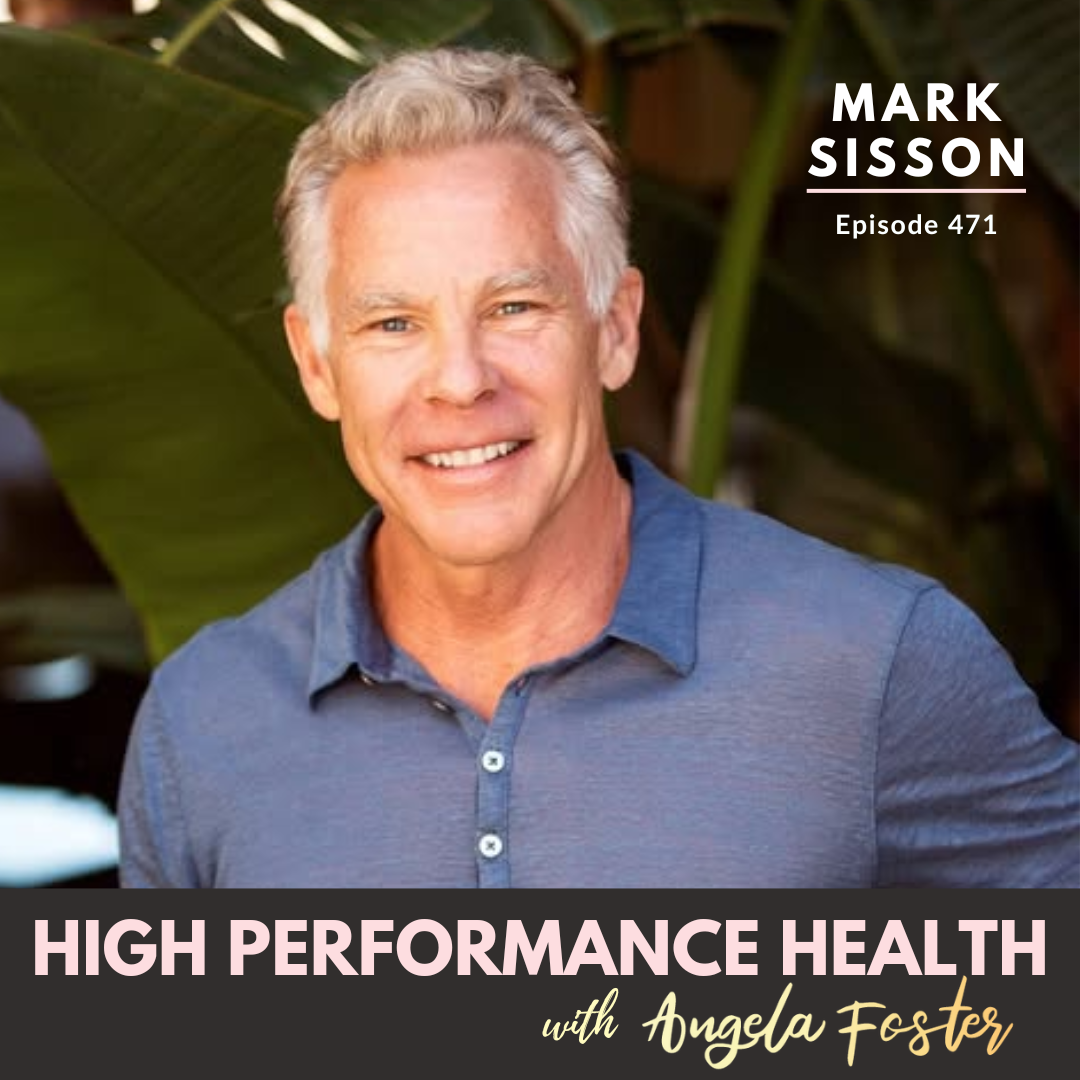
EP 471- Bitesize: Why Running Might Be Wrecking Your Hormones (And What to Do Instead) | Mark Sisson
In this bite-sized but powerful episode of High Performance Health, I sit down with the incredible Julie Gibson Clark—named one of the slowest-aging women alive—to talk about tuning into your body, spotting subtle hormone imbalances, and how a fibroid diagnosis challenged everything she thought she knew about her health.


